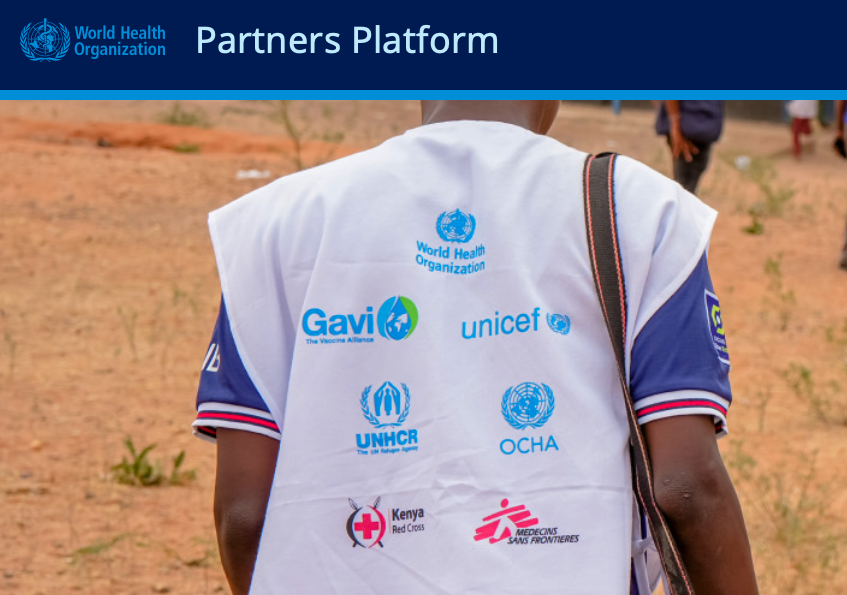El Niño Event
SITUATION
The current El Niño event was first declared in June 2023. The past months have already demonstrated that several of the predicted weather-related risks and attendant health consequences associated with El Niño have already come to pass in multiple settings around the globe (with the caveat that any climate-related event is multifactorial and thus difficult to attribute specifically to El Niño).
El Niño conditions increase the probability of a range of extreme weather events, including droughts, floods, hurricanes, and heatwaves, all of which are detrimental to human health. The magnitude of health impacts associated with El Niño will vary depending on how intensely El Niño influences the local climate of an area as well as local health vulnerabilities, and preparedness and response capacities. Health consequences associated with extreme weather conditions are interrelated, and can occur as a result of a range of factors:
- Both droughts and flooding may trigger food insecurity, increase malnutrition and thus enhance vulnerability to infectious diseases;
- Droughts, flooding and intense rainfall (including cyclones) may cause loss of life, significant population displacement, water and vector-borne disease outbreaks, and damage or close health facilities, thus reducing access to healthcare during the emergency and well beyond the event;
- El Niño-related warmer temperatures may result in vector-borne disease epidemics in highland areas, which are too cold for vector survival and disease transmission at other times;
- Damaged or flooded sanitation infrastructure may lead to water-borne diseases;
- Extremely hot and dry conditions may lead to heat waves, wildfires, increased smoke and deteriorated air quality, causing or exacerbating respiratory diseases and heat stress;
- Populations already affected by a humanitarian crisis (e.g. those in internally displaced persons and refugee camps) face heightened risk of the health consequences of both wet and dry.
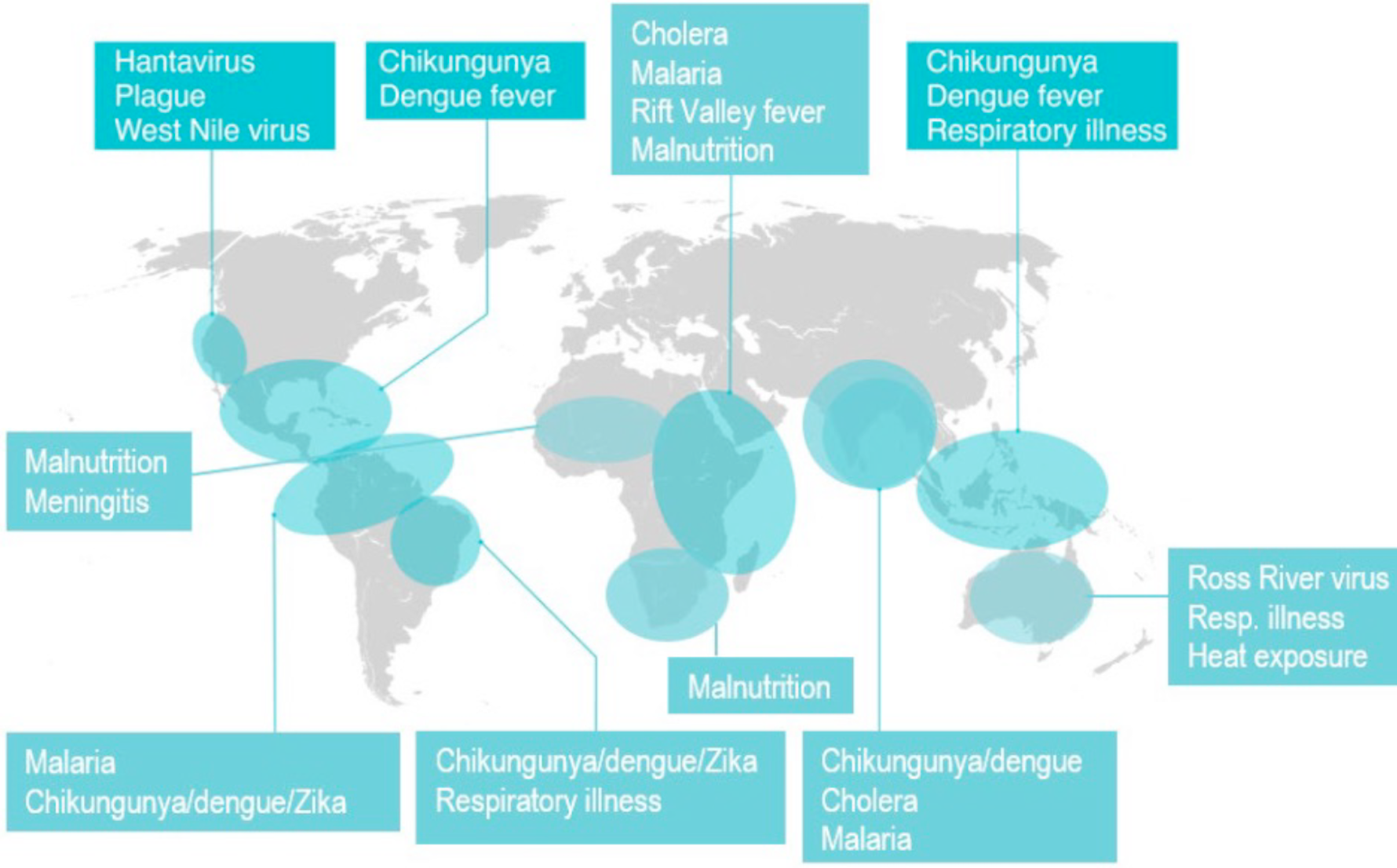
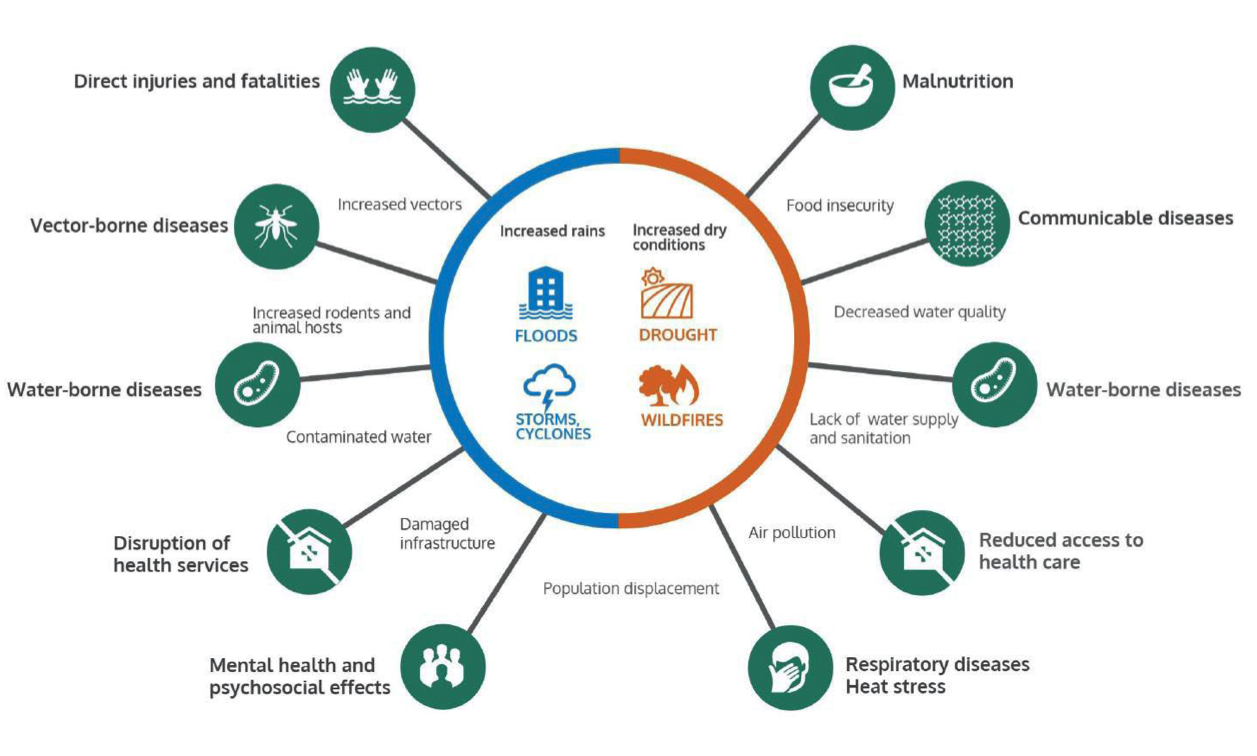
KEY RESOURCES
Read more
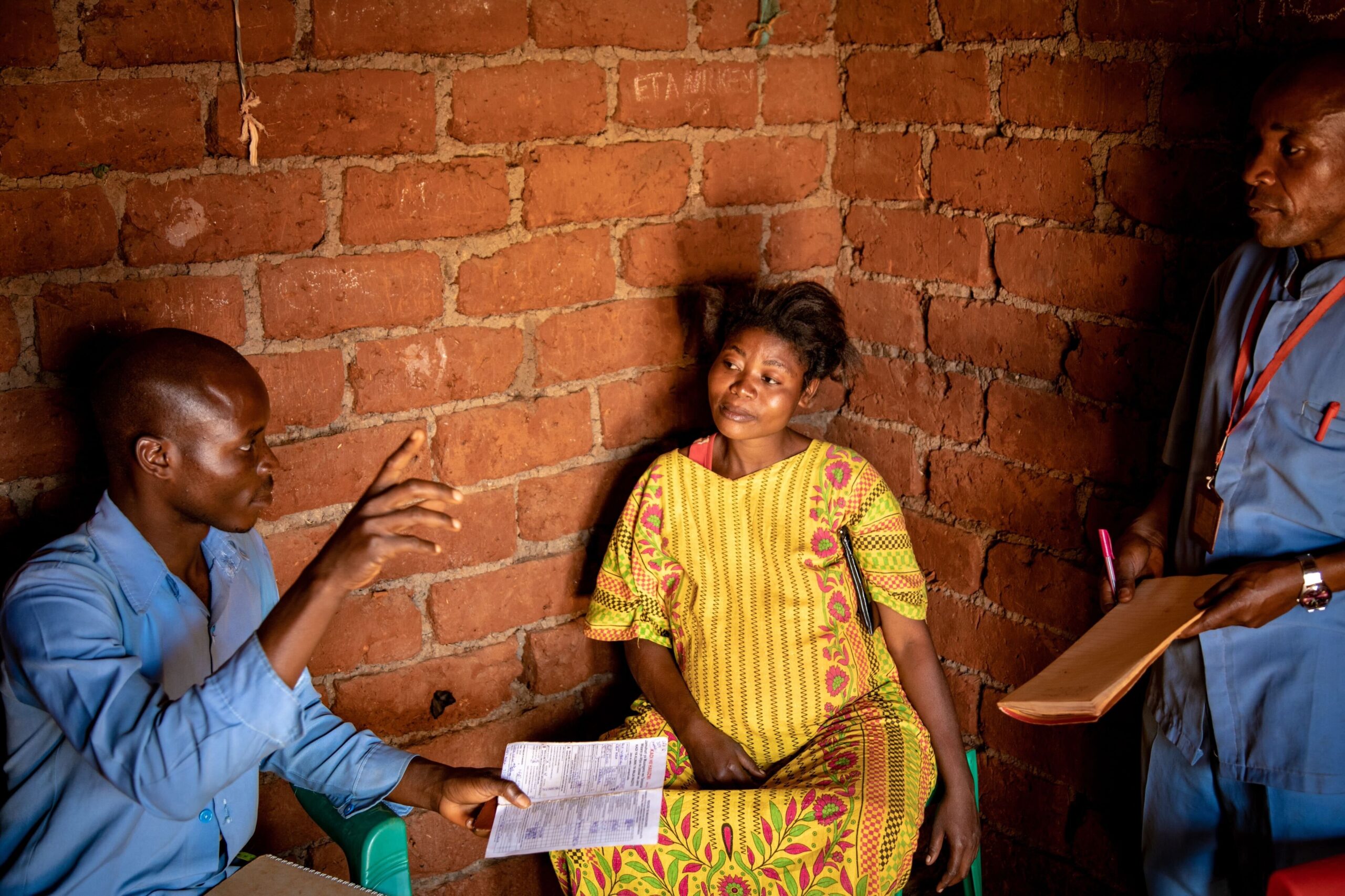
SSHAP - Information Preparedness and Community Engagement for El Niño in ESAR
Read more
This key considerations brief describes the implications of El Niño in the East and Southern Africa Region (ESAR) for Risk Communication and Community Engagement (RCCE) initiatives, based on previous comparable weather events. Lessons learnt are predominantly taken from the literature on communicating forecast and weather information, but have implications for multi-hazard RCCE response. Some lessons learnt are also taken from beyond East and Southern Africa, but considered within the anticipated El Niño effects in ESAR specifically.
Read more
Coming soon…
RESOURCES
Data to Action Research Tools & Resources
The ‘Data to Action’ section provides a consolidated repository of resources research from the Collective Service and various partners, with a primary focus on supporting Risk Communication & Community Engagement (RCCE) approaches. These resources are openly accessible to all stakeholders.
The content is organised in the following subject areas: Understand the situation (situation report and contextual analysis), data collection tools (rapid assessment tools, inofdemic insight), coordination (guidance, strategy and plan), implementation (community engagement) and learning (studies and resources from previous responses).
Each area comprises resources focused on specific emergencies, categorised as follows:
- The ‘El Niño Event – General’ category includes background information on the El Niño event only, at a global, regional, or country level.
- The ‘El Niño Event related to Public Health Emergency‘ category provides resources on vaccine-preventable diseases (cholera, diphtheria) as well as resources on zoonotic diseases (anthrax, dengue/zika/chikungunya).
- The last subject area is dedicated to the ‘El Niño event related to other emergencies’ and compiles resources on natural disasters such as drought and flood.
This section is regularly updated with the latest publications and available resources. We encourage partners to get in touch with us, share any useful additional resources, and suggest materials that can be included in this repository. Please contact us
1
Understand the situation
El Niño Event - General
El Niño Event related to Public Health Emergencies
- Cholera
- Diphtheria
El Niño Event related to other emergencies
- Drought
- Flood
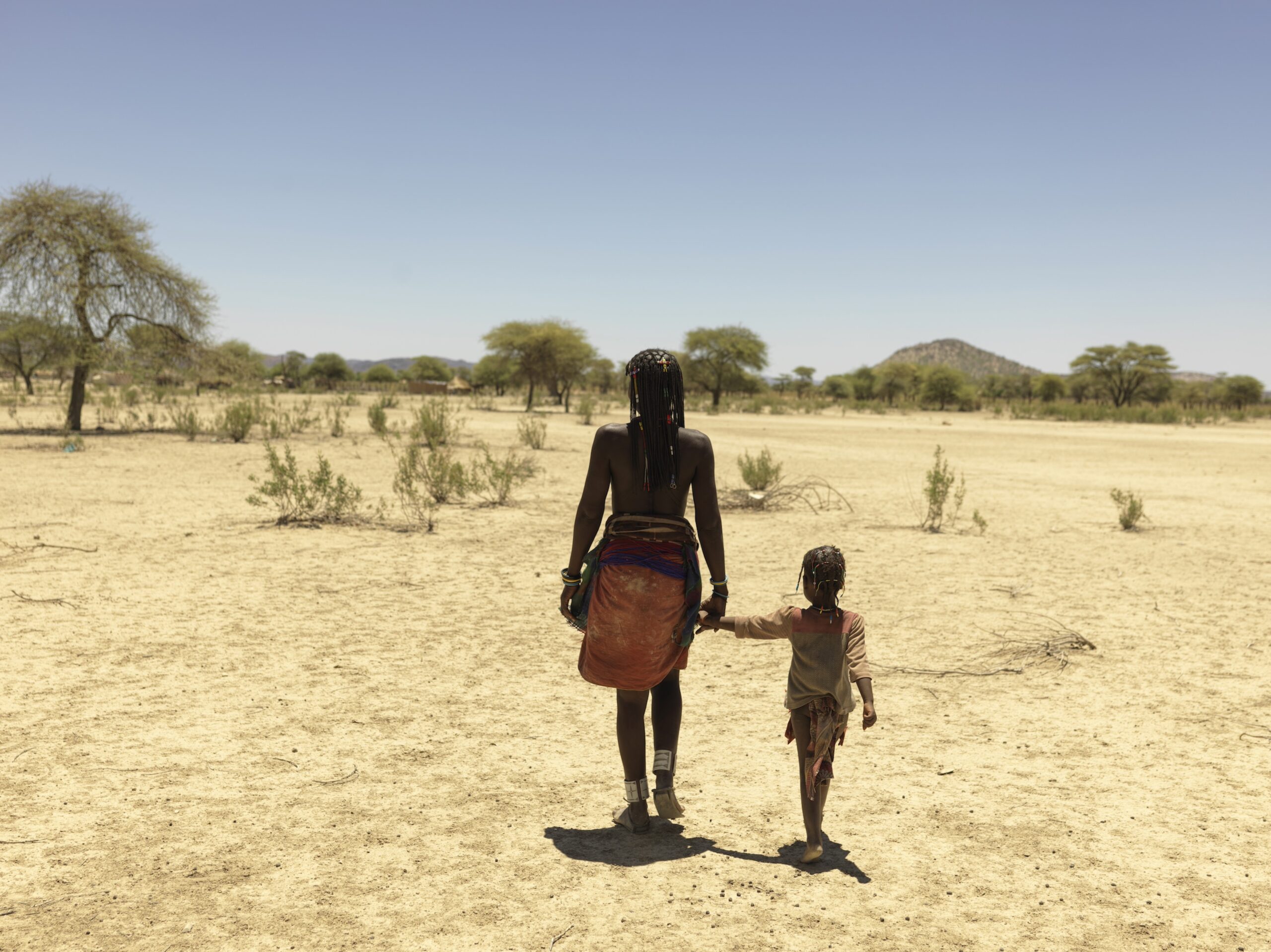
Data Collection
El Niño Event - General
El Niño Event related to Public Health Emergencies
- Cholera
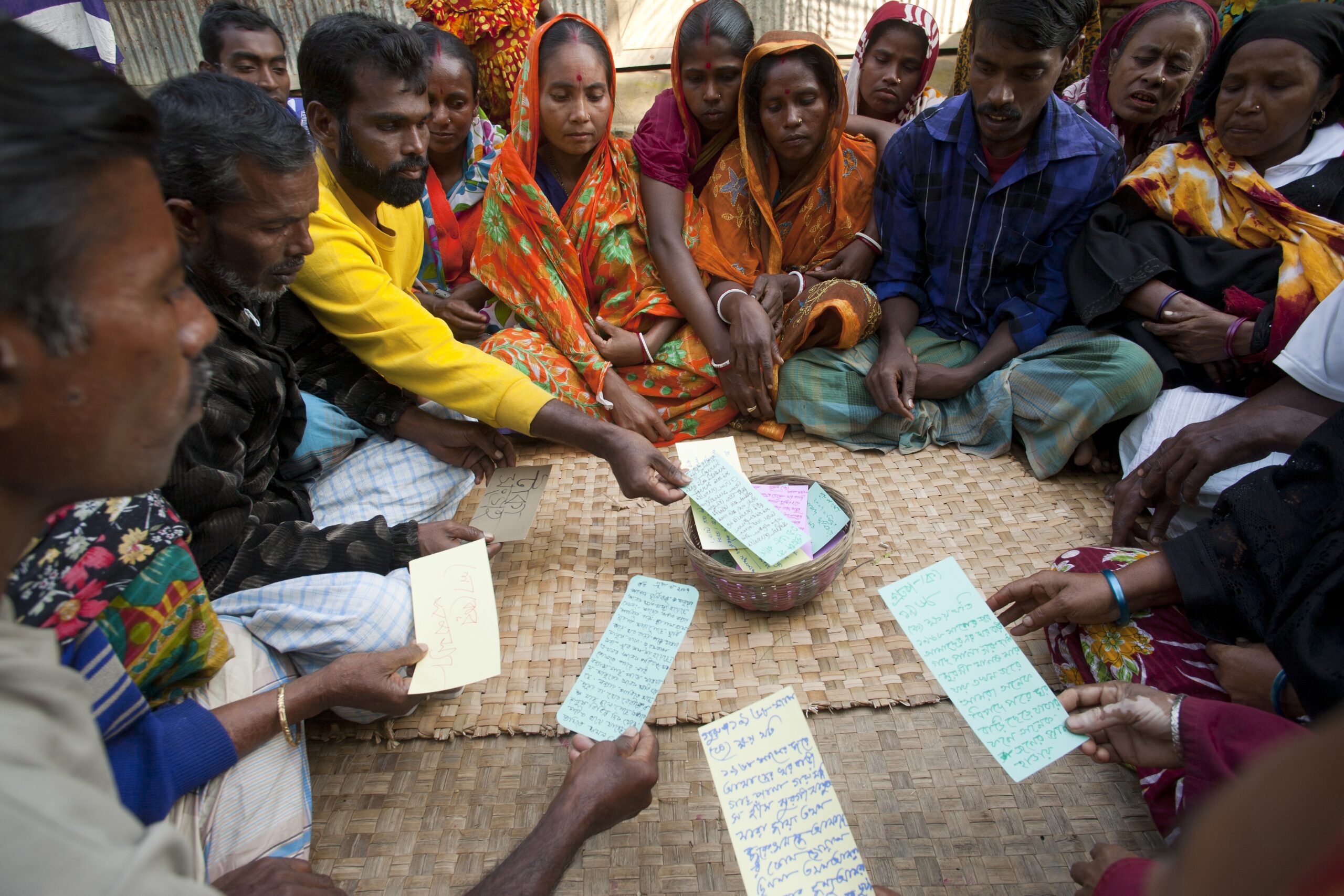
3
Coordination
El Niño Event - General
El Niño Event related to Public Health Emergencies
- Cholera
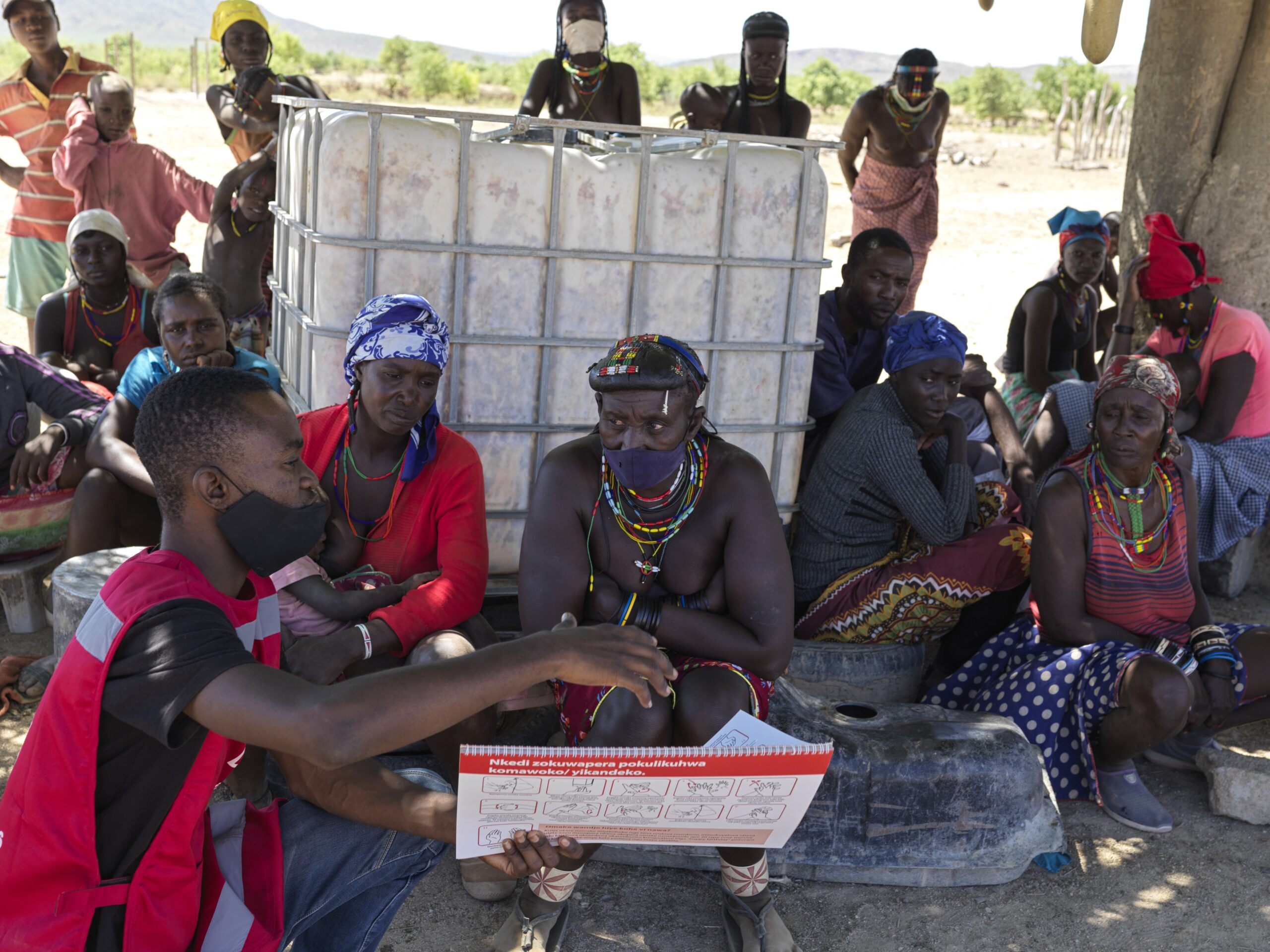
4
Implementation
El Niño Event - General
El Niño Event related to Public Health Emergencies
- Cholera
WHO Regional Framework for Implemantation of Global Strategy for Cholera Prevention & Control – 2018-2030
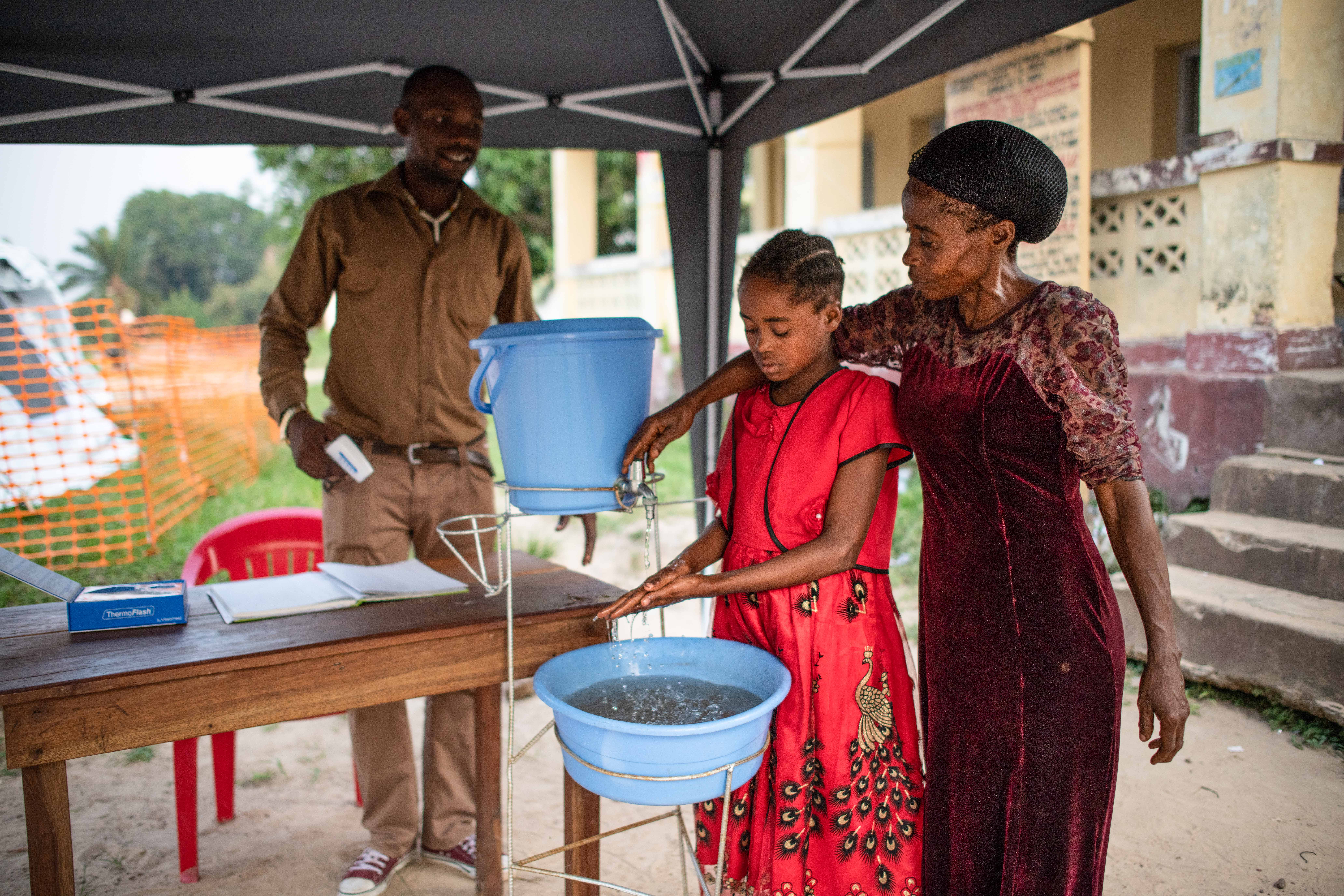
5
Learning
El Niño Event - General
El Niño Event related to Public Health Emergencies
- Cholera
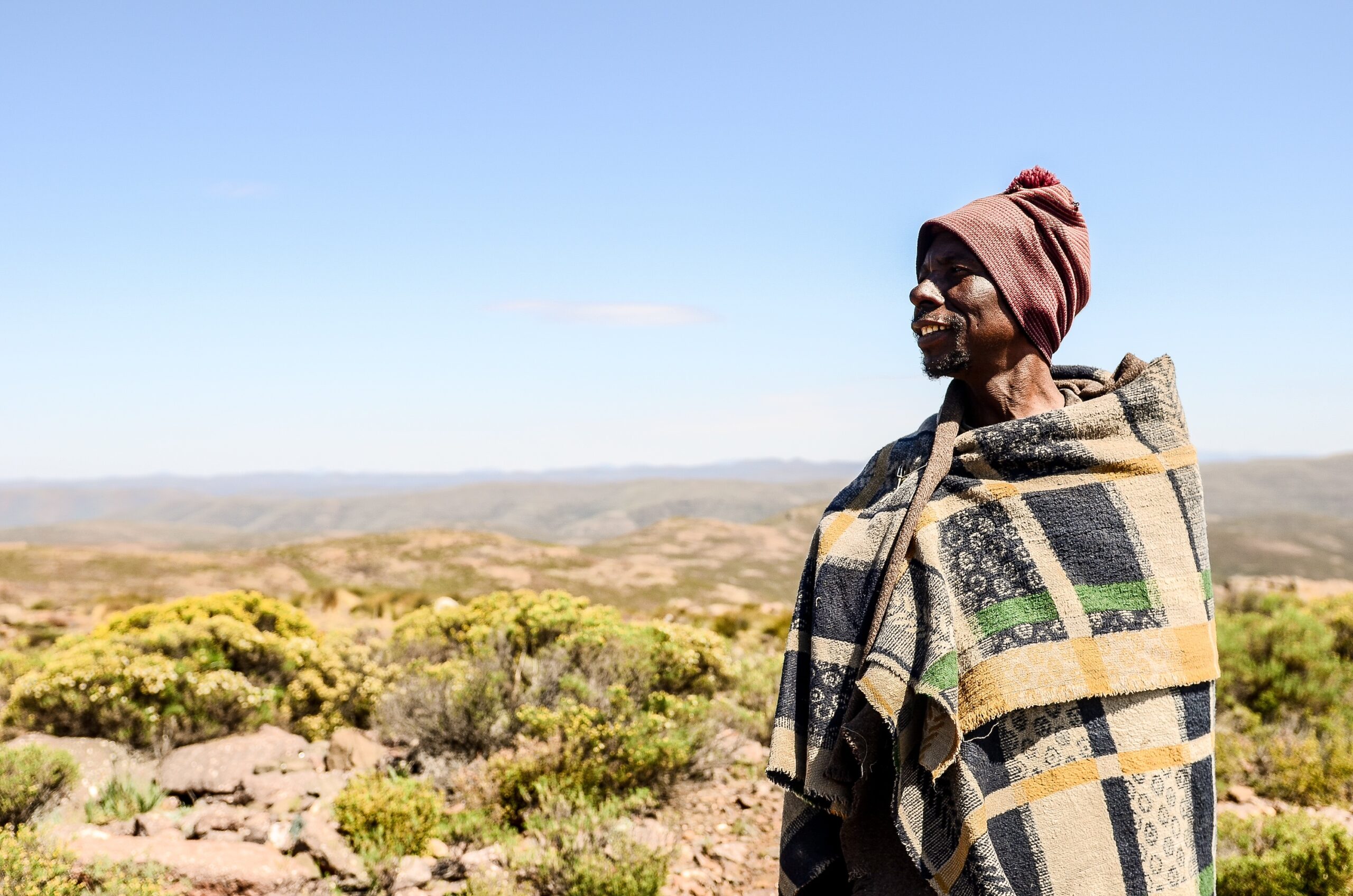
KNOWLEDGE HUB
Bank of RCCE Assessments, Surveys, and Feedback Tools by READY
This resource bank includes sample surveys, assessments and community feedback tools that can be adapted to country contexts.
Social Science in Action - Climate change & Health emergencies
Selected Social Science reports, briefs & reviews on climate change compiled by SSHAP
Community Perception Tracker (CPT) - OXFAM WASH
Uses a mobile tool to enable staff to capture, analyse and understand the perceptions of communities during disease outbreaks.


